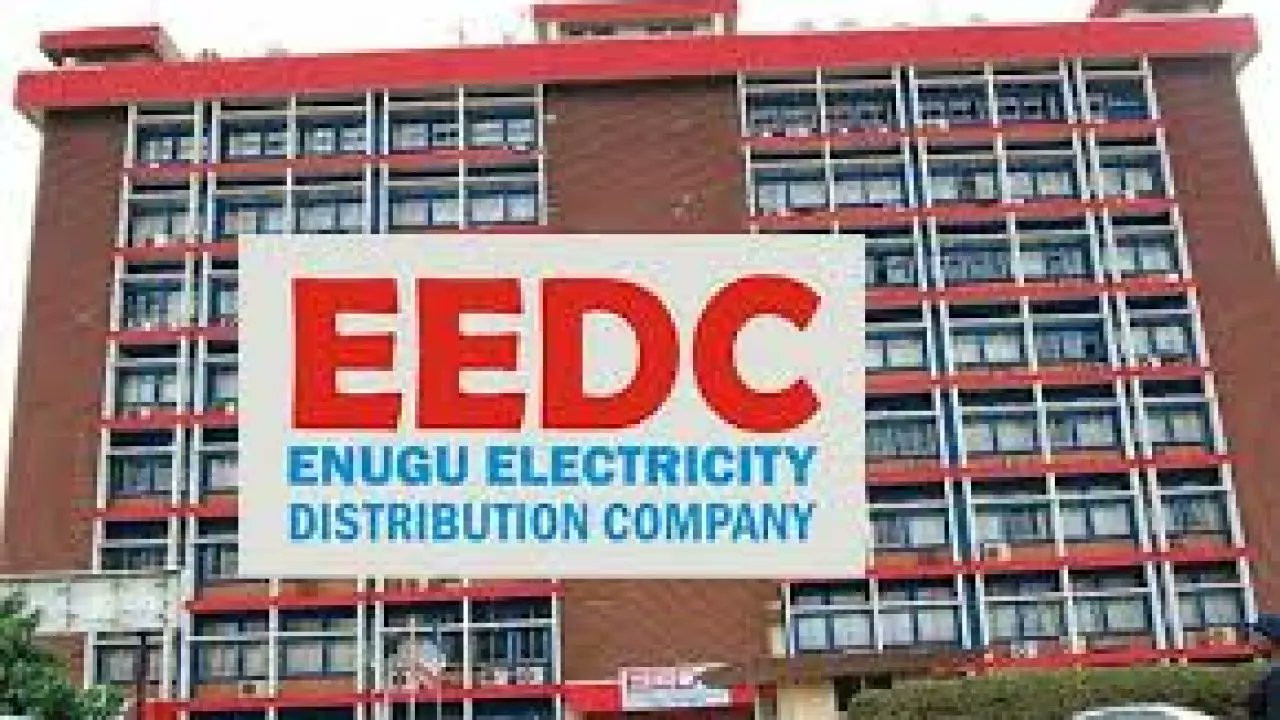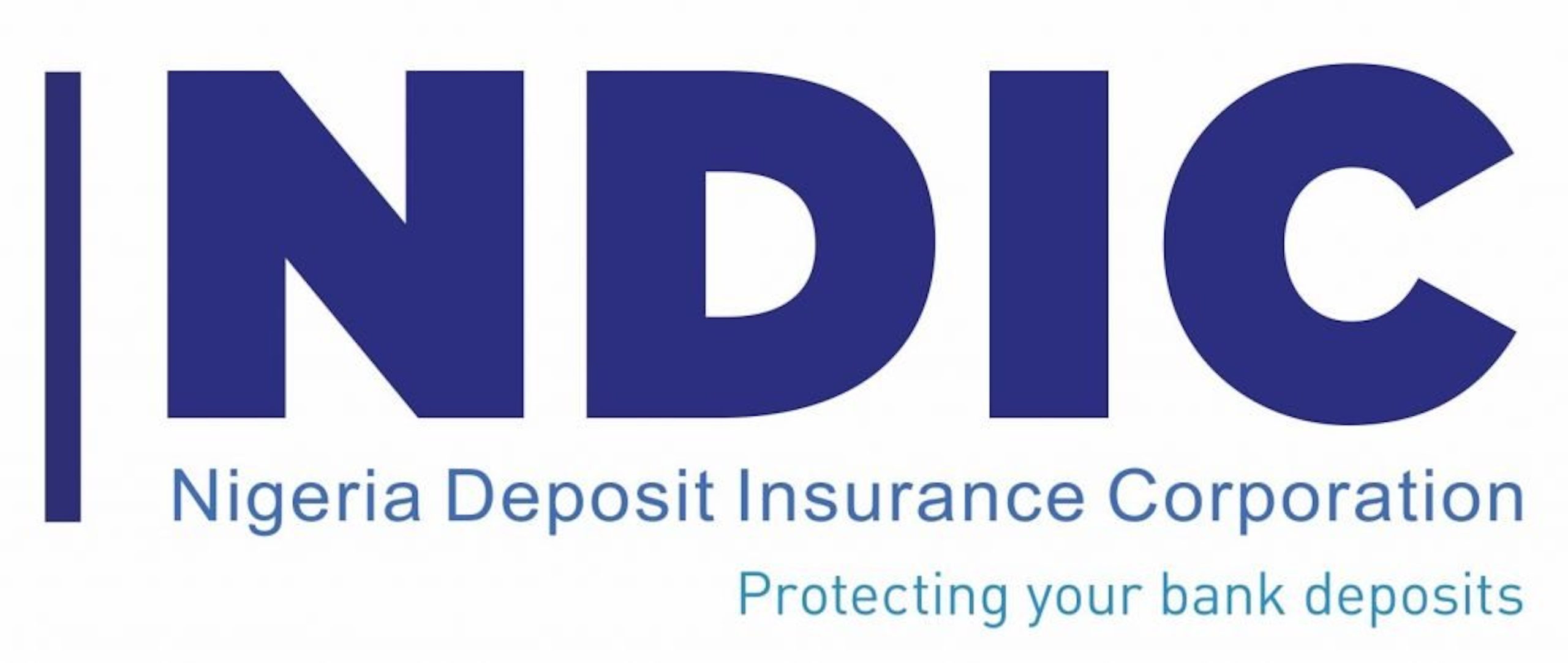 The Federal Government’s 2025 budget, totaling ₦49 trillion, demonstrates a decisive commitment to economic transformation.
The Federal Government’s 2025 budget, totaling ₦49 trillion, demonstrates a decisive commitment to economic transformation.
With ₦16 trillion, representing 52 per cent of non-debt expenditure, dedicated to capital projects, the government’s strategy reflects a robust focus on infrastructure development and long-term investment in physical and social assets. This pivotal move promises to address structural inefficiencies, enhance productivity, and stimulate inclusive growth.
Catalysing Infrastructure Development
Capital expenditure is a cornerstone of long-term economic planning, and its focus on infrastructure – spanning roads, railways, energy, healthcare, and education – is pivotal for economic expansion. Improved infrastructure reduces transaction costs, streamlines logistics, and enhances the efficient movement of goods, services, and people. These investments create a fertile environment for both domestic and foreign investments while unlocking productivity gains across key sectors of the economy.
Driving Industrial Growth and Economic Activity
Reliable infrastructure is a critical enabler of industrial growth. Investments in transportation networks and energy supply will strengthen inter-regional trade, reduce logistical bottlenecks, and promote industrial integration. These improvements will not only facilitate agricultural and mining activities but also attract manufacturing investments, driving value chain development and boosting Nigeria’s economic output .
Stimulating Employment and Household Income
Capital projects are inherently labour-intensive, particularly in construction and infrastructure development. This creates immediate employment opportunities, fostering household income growth across the nation. Beyond short-term job creation, workers engaged in these projects gain skills that enhance their long-term employability, driving a sustainable cycle of human capital development.
Boosting Aggregate Demand and Economic Multipliers
Increased capital expenditure has a direct multiplier effect on the economy. Payments to contractors and workers involved in these projects increase disposable incomes, which in turn drive consumption and aggregate demand. The resulting uptick in economic activity stimulates growth across ancillary sectors, including retail, services, and transportation, creating a self-reinforcing cycle of economic expansion.
Enhancing Human Capital Development
Allocations to social infrastructure, such as healthcare and education, deliver transformative benefits. Investments in hospitals and clinics improve population health, enhancing workforce productivity and reducing healthcare-related economic burdens. Similarly, funding for educational infrastructure increases access to quality education, fostering a skilled and competitive labour force essential for Nigeria’s economic diversification and global competitiveness.
Promoting Regional Development and Inclusivity
Focused capital expenditure is a strategic tool for addressing regional disparities. By directing funds to underdeveloped areas, the government seeks to attract businesses, stimulate local economies, and foster equitable development across Nigeria. Improved infrastructure in these regions will not only drive local economic activities but also integrate them into the broader national economy, reducing socio-economic inequality .
Accelerating Economic Diversification
The budget’s emphasis on non-oil sectors underscores a commitment to reducing Nigeria’s dependence on volatile oil revenues. Investments in agricultural infrastructure such as irrigation systems, storage facilities, and processing plants will boost productivity and food security. Similarly, expanding industrial parks and export-processing zones is expected to enhance non-oil exports, driving diversification and sustainable economic growth.
Strengthening Economic Resilience and Private Investment
Enhanced infrastructure lowers operational costs for businesses, making Nigeria a more attractive destination for both domestic and foreign investors. This encourages private sector participation, which is crucial for sustained growth. Additionally, infrastructure-led development builds resilience against economic shocks, ensuring a more stable and diversified economy in the long run.
Potential Challenges and Mitigation
Despite its potential, the heavy reliance on capital expenditure comes with risks. Corruption, inefficiencies, and delays in project execution can erode the anticipated benefits. Effective monitoring mechanisms must be implemented to ensure transparency and accountability.
Moreover, debt servicing, projected at ₦16 trillion, poses a significant challenge. Striking a balance between borrowing for growth-oriented projects and maintaining fiscal sustainability is essential to prevent unsustainable debt accumulation. Additionally, large-scale spending must be carefully managed to avoid inflationary pressures that could destabilise the economy.
A Bold Vision for Nigeria’s Future
The allocation of 52 per cent of non-debt expenditure to capital projects signals the Federal Government’s resolve to bridge Nigeria’s infrastructure deficit and lay the foundation for sustained economic prosperity. If implemented efficiently, this investment will unlock opportunities, create jobs, and enhance the country’s competitiveness on the global stage.
However, the success of this ambitious strategy depends on disciplined execution, transparent governance, and the active collaboration of all stakeholders. With these in place, the 2025 budget could mark the dawn of a transformative era, where infrastructure becomes the backbone of a diversified, resilient, and inclusive Nigerian economy.





